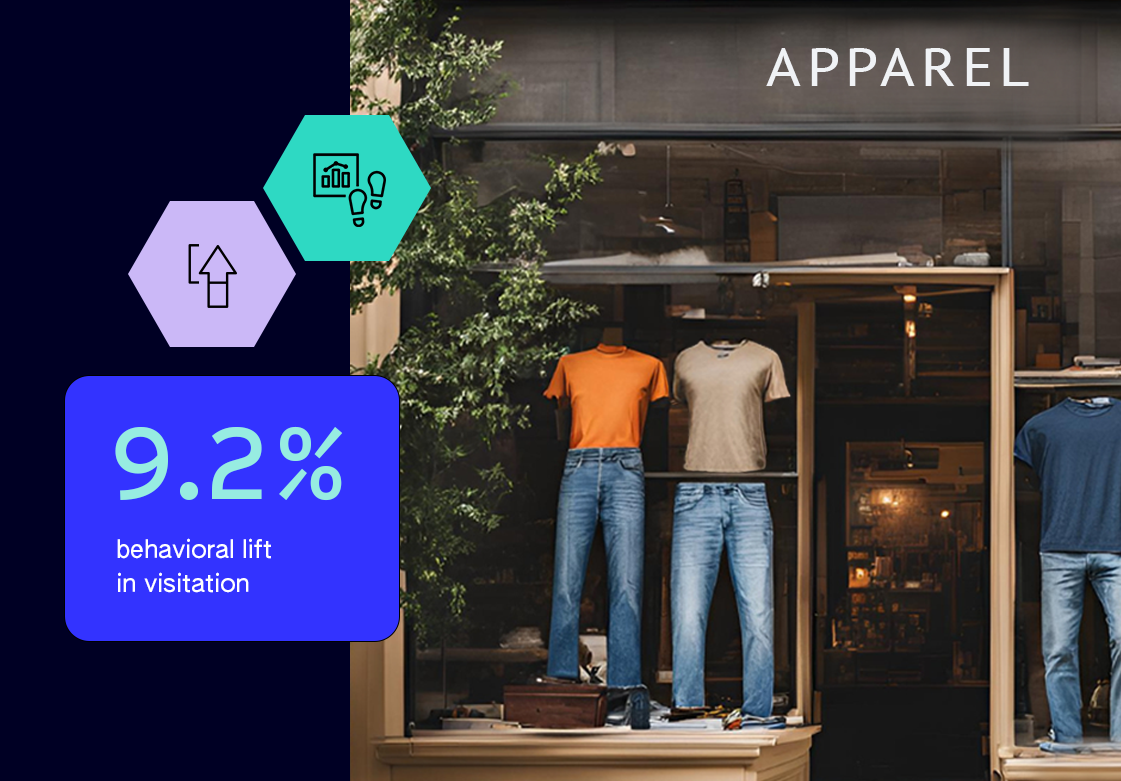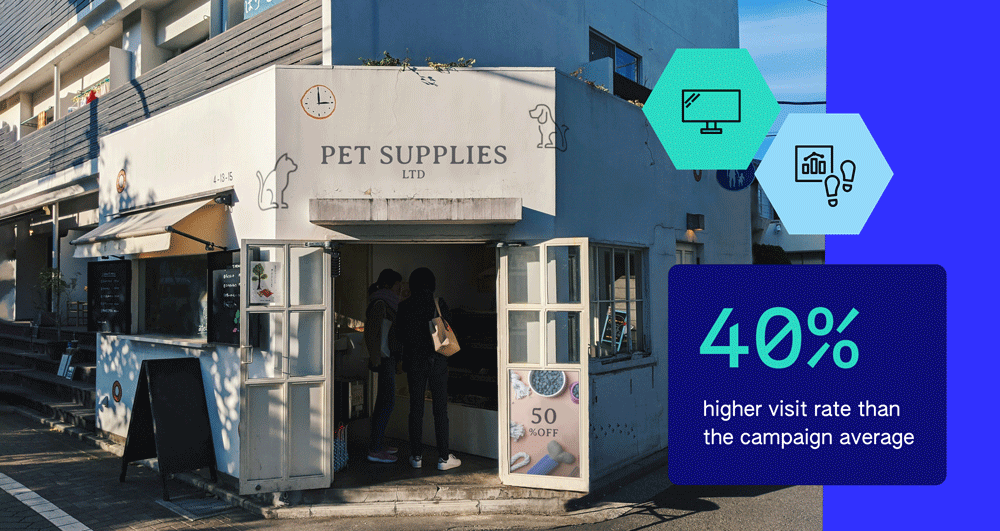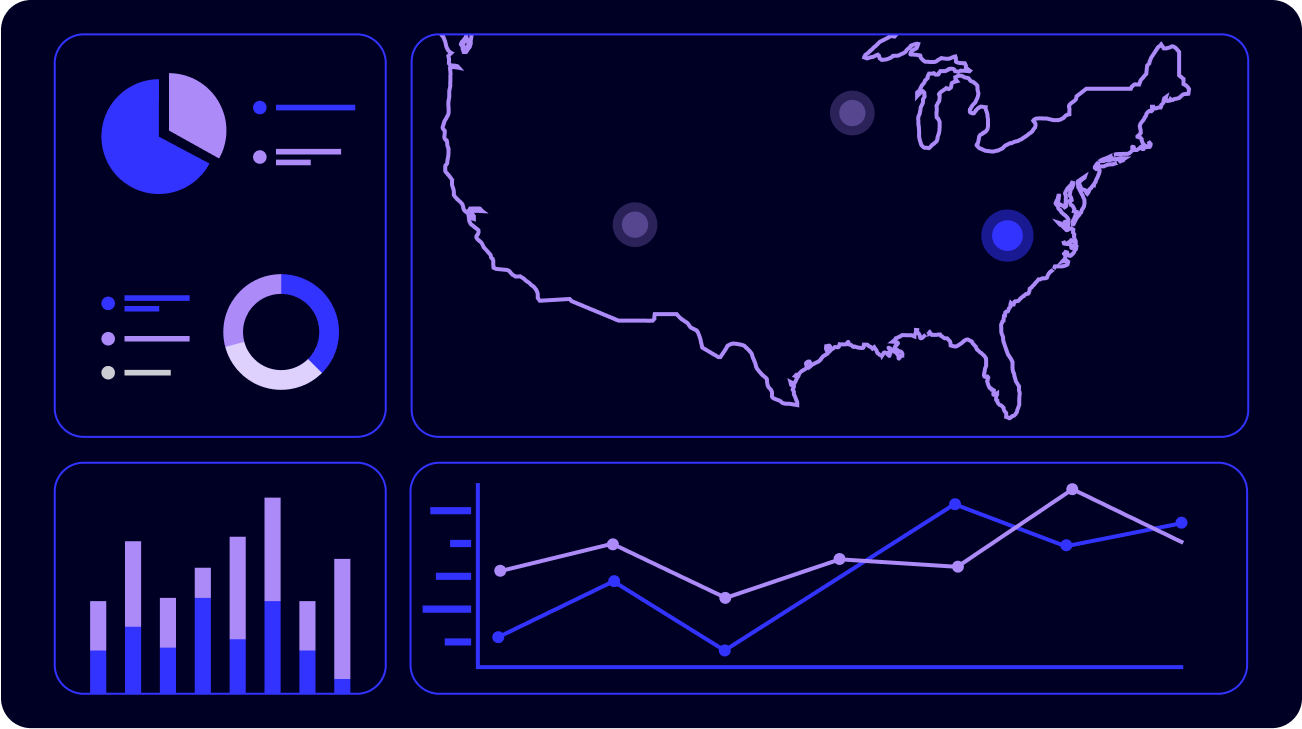The University of Toronto, Flipp and Foursquare partnered to better understand the impact of the COVID pandemic on shopping patterns. The University of Toronto wanted to test the assumption that during the COVID pandemic, people likely shopped closer to home, at fewer stores, and less frequently and how this may disproportionately impact various population segments.
Challenge
The University of Toronto wanted to test the assumption that during the COVID pandemic, people likely shopped closer to home, at fewer stores, and less frequently and how this may disproportionately impact various population segments.
Strategy
The University of Toronto looked at greater Toronto area residents who went grocery shopping more than a handful of times in 2020 and coupled this with geospatial data to gain a sense of population density, wealth, and transportation options. This data was then combined with Flipp and Foursquare data to better understand how far people traveled to grocery shop and what types of stores they visited. The data was further analyzed for behavioral differences amongst urban populations, by income, and based on car ownership (as opposed to individuals that are reliant on public transportation).
Key results
As expected, the pandemic decreased the distance traveled by all groups during April and May of 2020. Further, there was a significant decrease in both the frequency and number of grocery stores visited between April and November of 2020.
However, there was variation across segments:
- People in areas more likely to rely on public transportation saw increased frequency of shopping compared to those more likely to own cars.
- Conversely, those in areas with higher percentages of car ownership visited a wider variety of stores.
Outcomes
The research found that the impact of COVID had disproportionately negative effects on lower income populations. Lower income populations are shopping at stores that are closer to home largely based on convenience and a reliance on public transportation. Unfortunately, shopping closer to home in poorer neighborhoods can be restrictive with little variation, availability of healthy food choices and fair pricing as choices become more limited. Governments, city planning organizations, and retailers need to understand and better predict consumer needs. Together, geographic information, demographics, and observed behavior can provide key insights not otherwise available in order to yield powerful outcomes.
About Flipp and Foursquare’s Partnership
Flipp, a leading deal and couponing app, leverages Pilgrim SDK to deliver proximity-based deals and coupons, in addition to deep insight into user behavior.
More in the Works
This research project is expanding its footprint to more regions across Canada, including Ottawa and Montreal–asking bigger, deeper questions around geographic clustering with the findings slated for publication in a peer-reviewed academic journal. Stay tuned for more.



